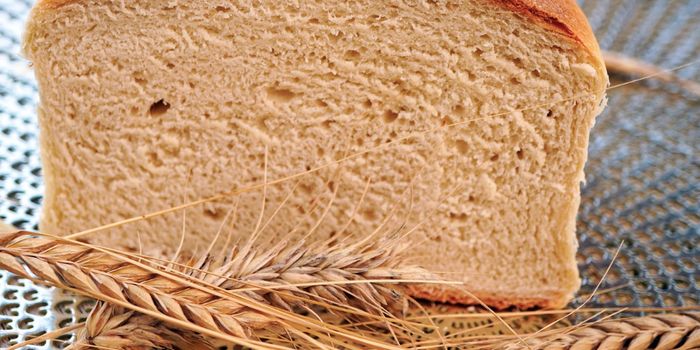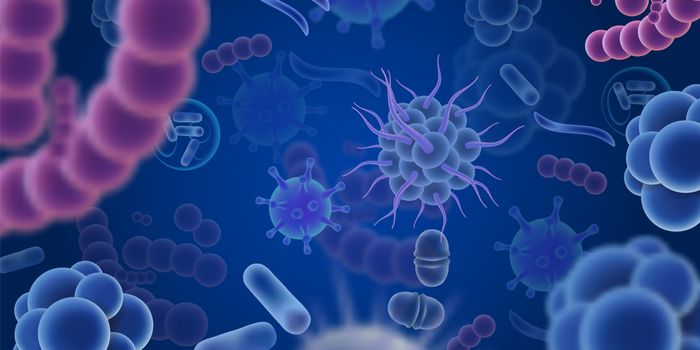Cancer Cell Fate Influenced by Dietary Amino Acid
Many types of cells in the body have to be replenished through cell division, and for most cell types, the genome has to be completely replicated each time. When cells pick up mutations in the genome during this process, there are ways to correct them. Cells that are significantly mutated can also choose a cell death pathway called apoptosis. But the cell won't always detect and correct every error, and these safety mechanisms can fail. When the genome of a cell begins to accumulate mutations, some of those mutations may cause the cell to begin to divide uncontrollably, the hallmark of cancer.
Researchers have now learned more about the mechanisms that determine whether a cancerous cell will die, or continue to divide. Reporting in eLife, scientists have found that when the intake of a certain amino acid is reduced, cancerous cells stop dividing. This work could one day open up therapeutic options for cancer that are diet-based.
Oncogenes are genes that can cause cancer if they acquire mutations. Many of these genes are also involved in cell death pathways. It takes more than one mutated oncogene to trigger cancer, however. In many cases, in cancer cells mutations appear not only in oncogenes but also in genes that suppress cancer.
This work focused on a gene called Src and the regulation of cell division in a fruit fly model. The Src gene does not seem to engage in a balancing act between cell death and proliferation; it can drive proliferation and death processes in cells independently and at the same time. When the research team tinkered with the level of various genes, they found that p38 plays a role in cell proliferation, and a gene called JNK is related to cell death. The scientists also identified a gene called slpr that can activate both p38 and JNK.
"How oncogenes simultaneously promote cell death and cell proliferation has been controversial," said research leader Sa Kan Yoo at RIKEN BDR. "Our major finding was that the oncogene Src promotes cell death and cell proliferation via parallel pathways."
After the team showed that p38 activation was related to cell growth, they investigated whether the diet can affect p38 levels. When they reduced the level of an amino acid called methionine in the fruit fly diet, p38-controlled oncogenesis was prevented.
"We were excited to find that manipulating the amount of dietary methionine can affect cell proliferation but not cell death," said Yoo. "Currently we don't know whether our finding in flies will translate to cases of human cancer. But, we speculate that it will in particular cases because some human cancers also activate the Src gene.
"We are curious to know how general the mechanism is that we found here. Aside from the Src signaling pathway, we also found that slpr can mediate the signaling pathways controlled by other oncogenes. Finding out how this happens is our next goal."
Fruit flies and humans share about 60 percent of genes, and many genes involved in human genes have orthologues in fruit flies. Oncogenesis is also the same in people and fruit flies, so this work may indeed hold true for humans.
Sources: AAAS/Eurekalert! via RIKEN, eLife









